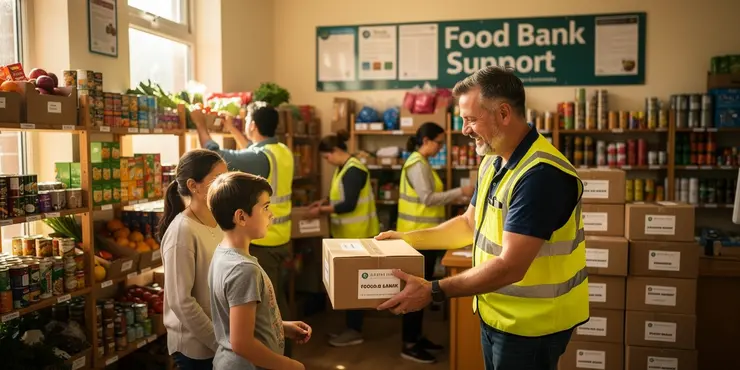
Find Help
More Items From Ergsy search
-
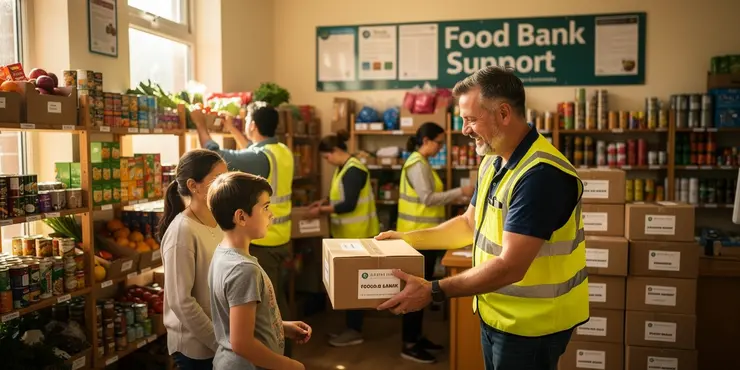
Is there a limit on how much food I can take from a food bank?
Relevance: 100%
-
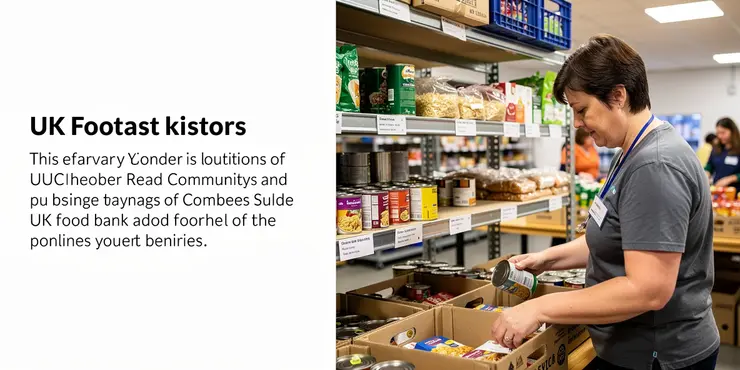
How do food banks get their food?
Relevance: 88%
-
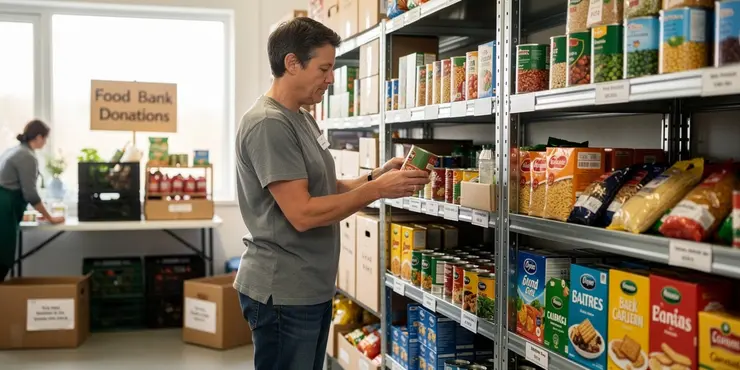
What is a food bank?
Relevance: 85%
-
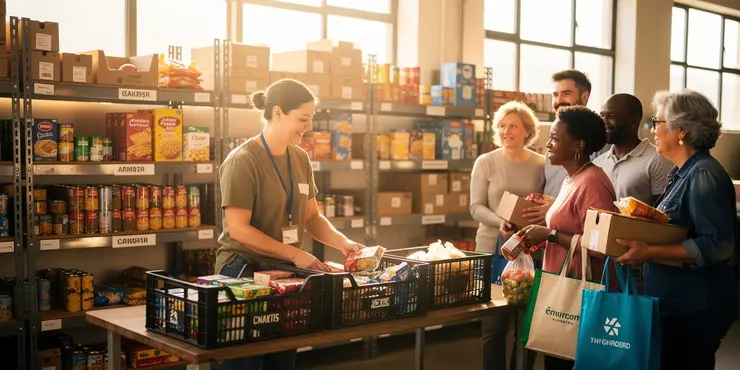
Is there a cost to receive food from a food bank?
Relevance: 85%
-
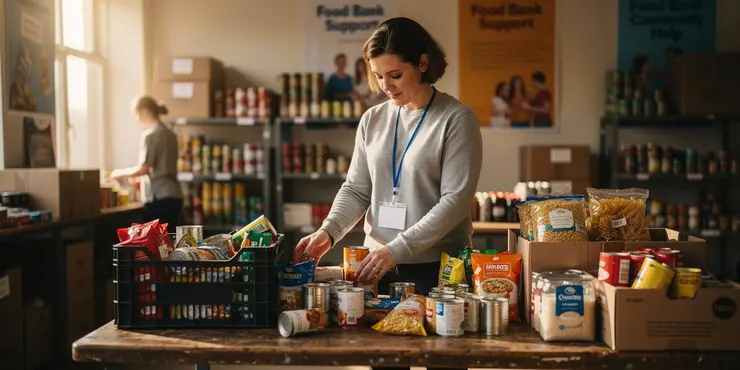
What types of food are typically available at a food bank?
Relevance: 85%
-
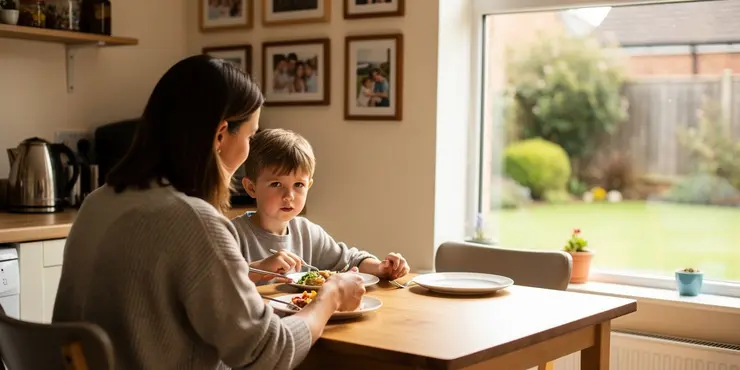
What is the difference between a food bank and a food pantry?
Relevance: 84%
-
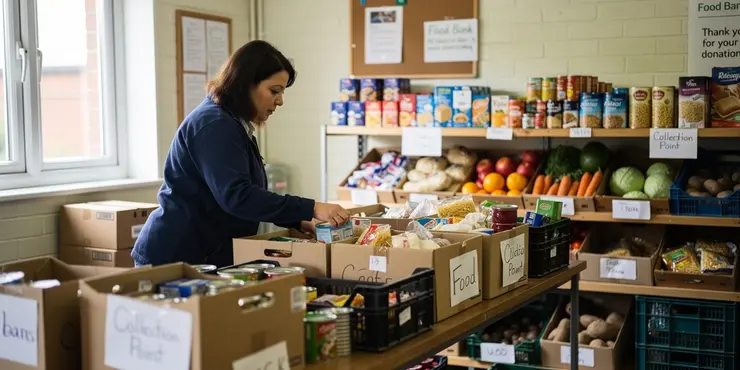
Are food banks open on weekends?
Relevance: 82%
-
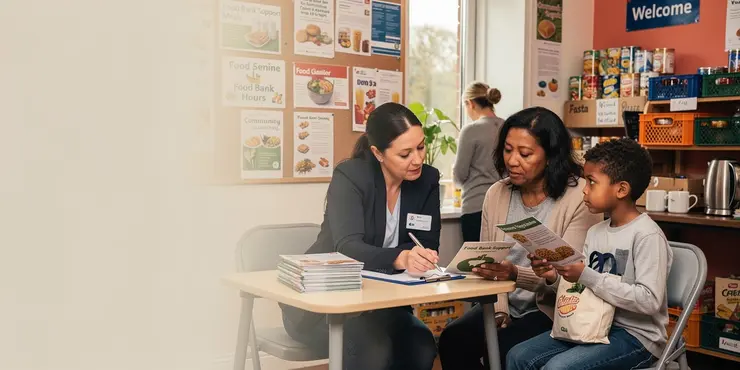
How can I access food banks?
Relevance: 80%
-
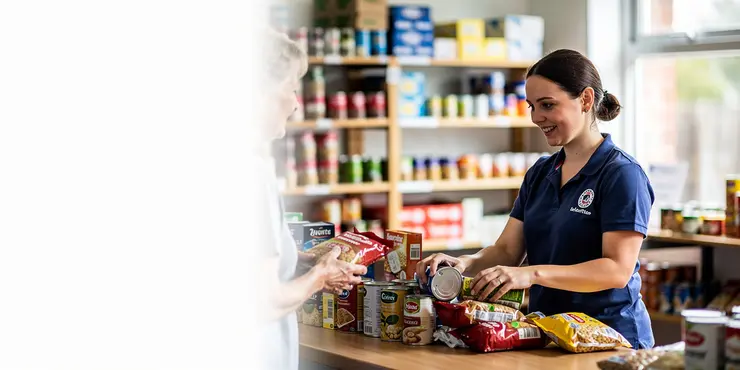
How often can I visit a food bank?
Relevance: 80%
-
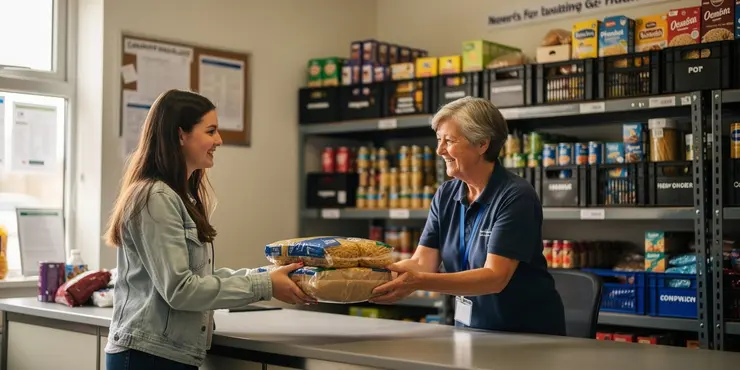
Can anyone use a food bank?
Relevance: 79%
-
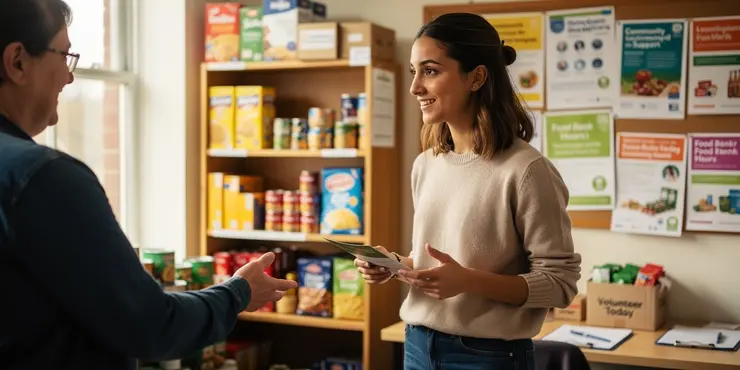
What if there is no food bank near me?
Relevance: 78%
-
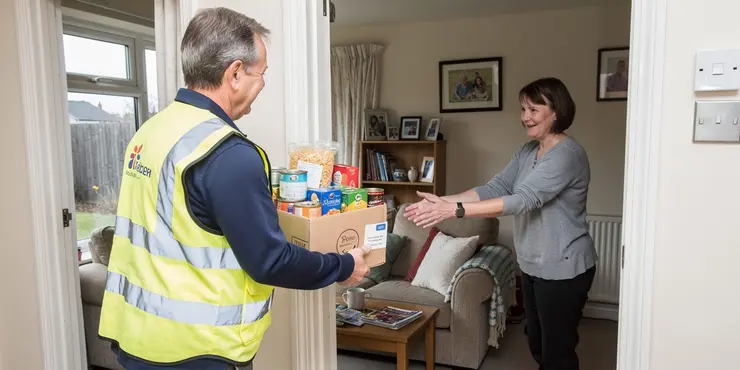
What if I can't physically visit a food bank?
Relevance: 75%
-
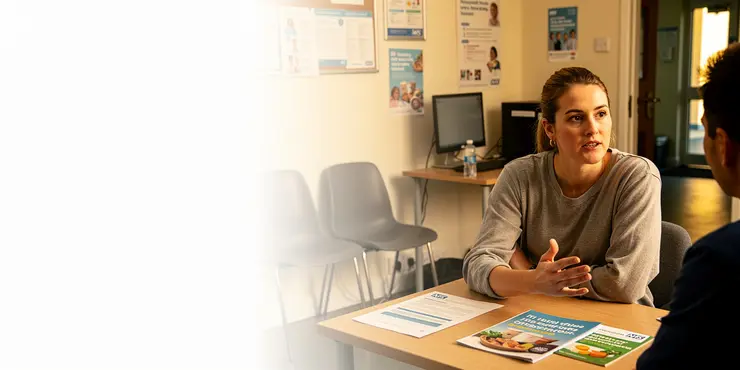
What information do I need to access a food bank?
Relevance: 75%
-
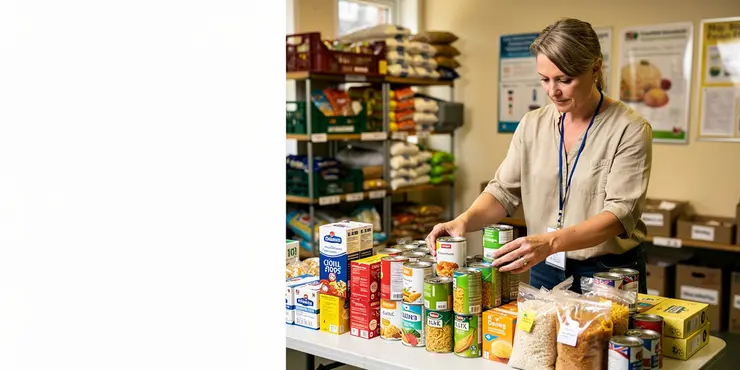
How can I support my local food bank?
Relevance: 74%
-
Can refugees or immigrants access food banks?
Relevance: 74%
-
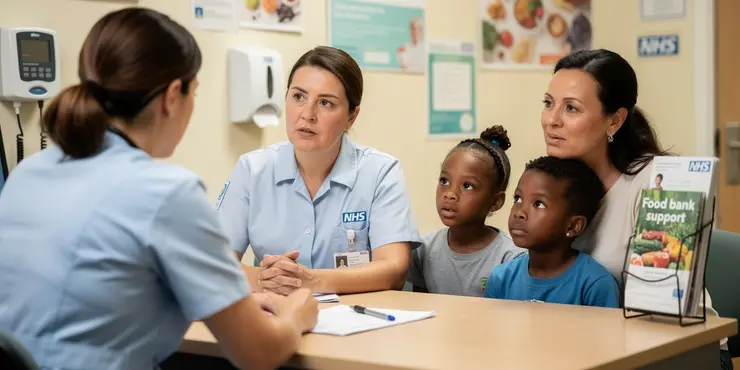
How can I find a food bank near me?
Relevance: 74%
-
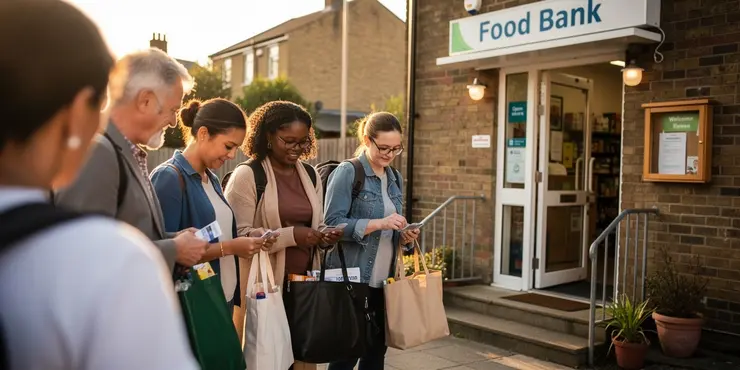
What should I bring with me when visiting a food bank?
Relevance: 73%
-
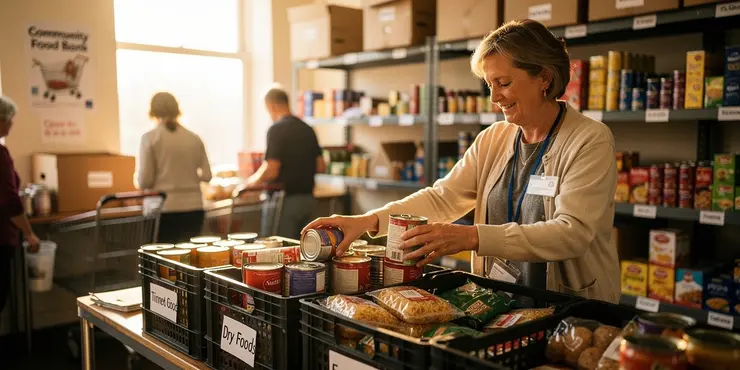
The Rise of Community Food Banks: Combating Hunger Locally
Relevance: 72%
-
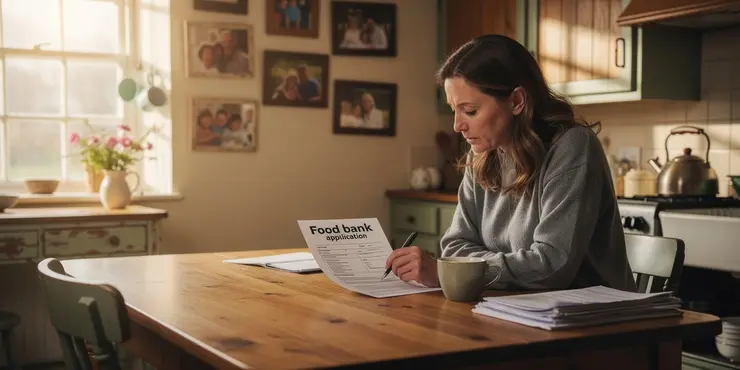
Do I have to provide personal information to access a food bank?
Relevance: 71%
-
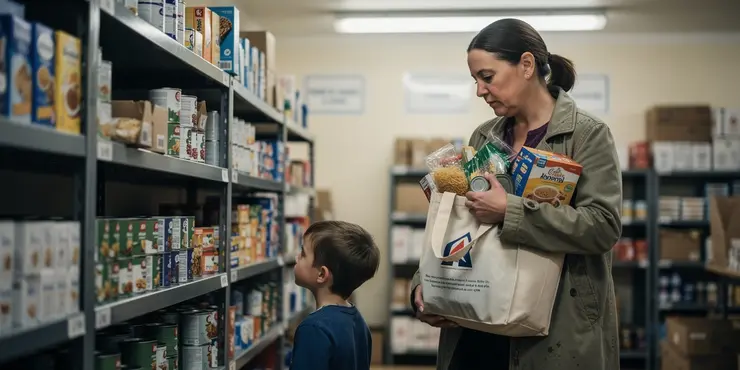
Rise in Food Bank Usage Amid Economic Challenges
Relevance: 71%
-
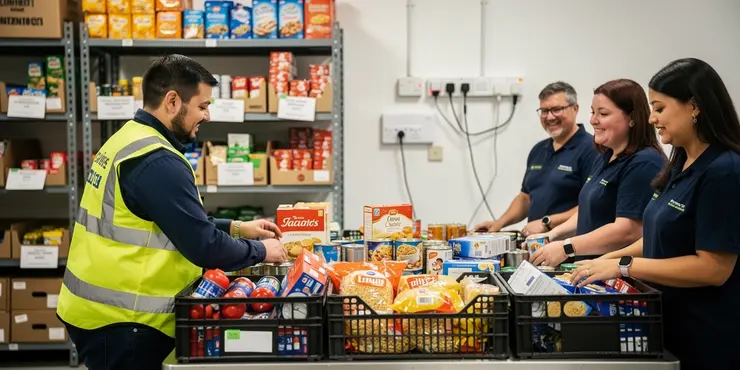
Can I volunteer at a food bank?
Relevance: 63%
-
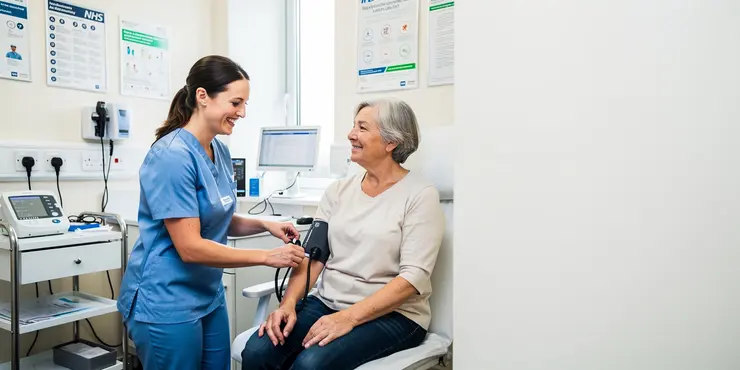
Is all fast food considered junk food?
Relevance: 59%
-
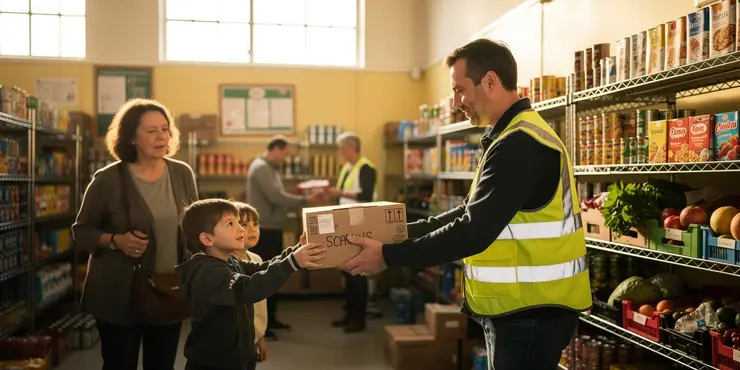
Do I need to make an appointment to visit a food bank?
Relevance: 58%
-
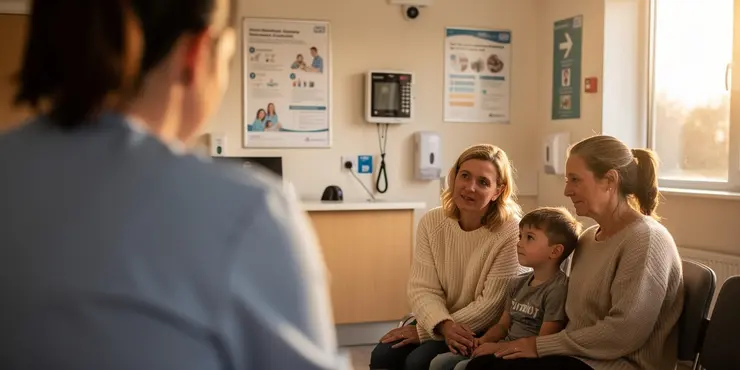
Charities Warn of Food Insecurity Amidst Rising Cost of Living
Relevance: 57%
-
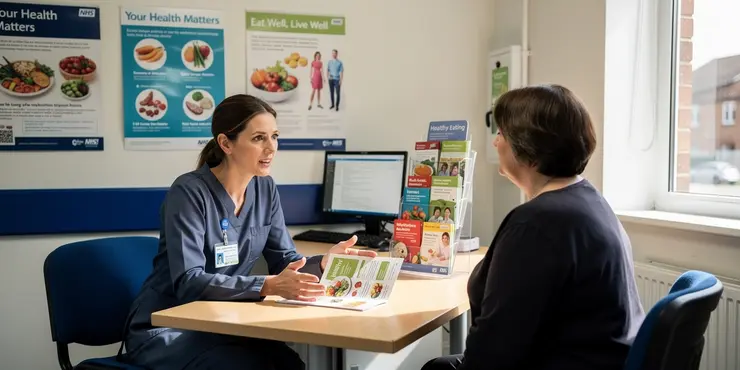
What is junk food?
Relevance: 57%
-
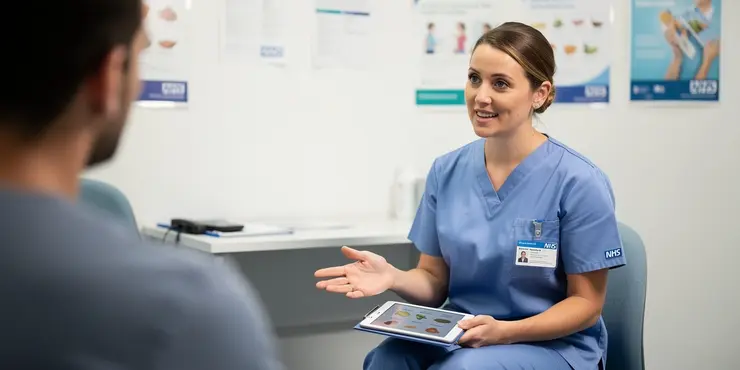
What is junk food?
Relevance: 57%
-
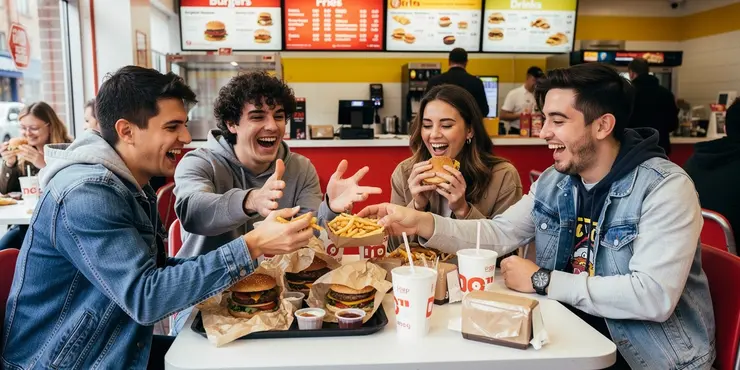
What are common examples of junk food?
Relevance: 53%
-
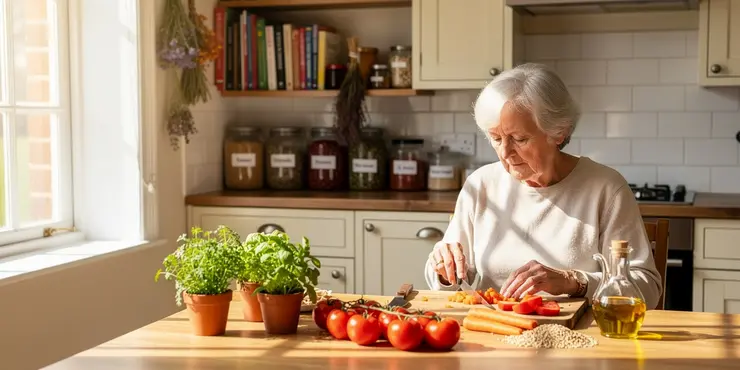
Are there any food assistance programs available for seniors?
Relevance: 52%
-
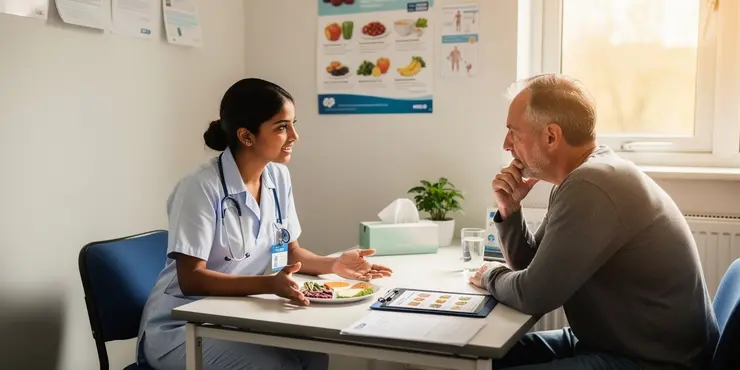
Can junk food be part of a balanced diet?
Relevance: 52%
-
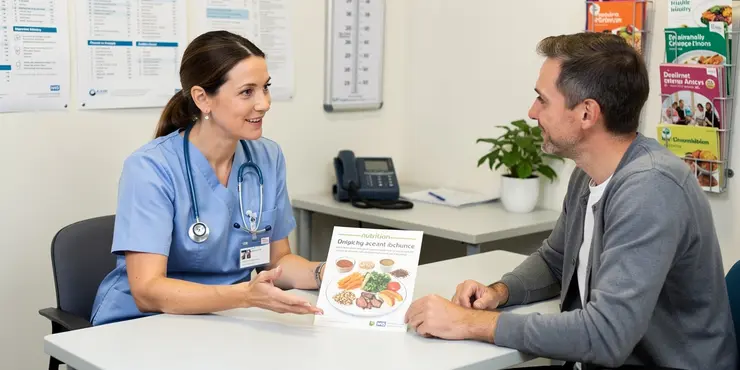
Why is junk food considered unhealthy?
Relevance: 52%
-
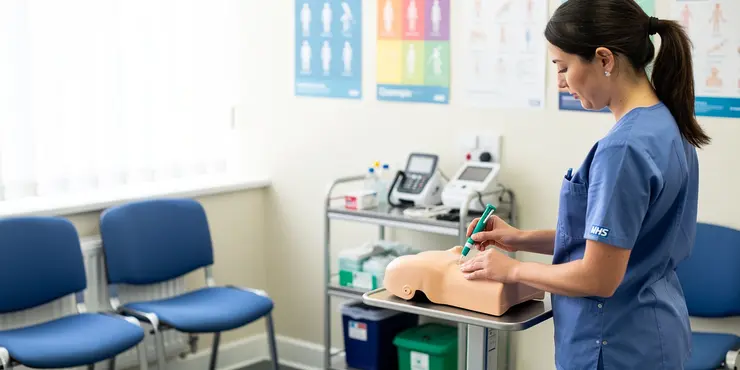
Can Ozempic be taken with food?
Relevance: 51%
-

Are there any initiatives to reduce food waste in schools?
Relevance: 50%
-
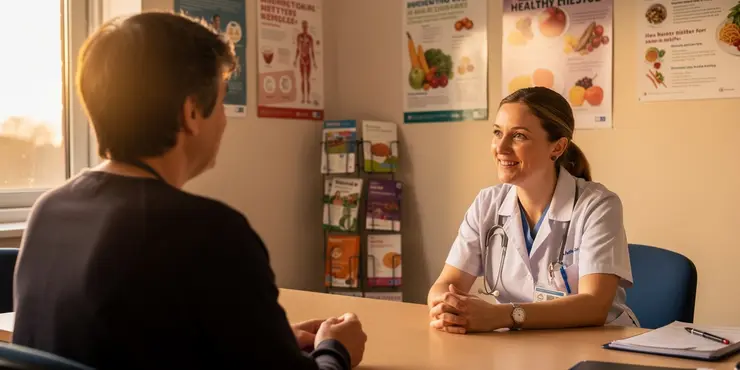
How does junk food affect health?
Relevance: 50%
-
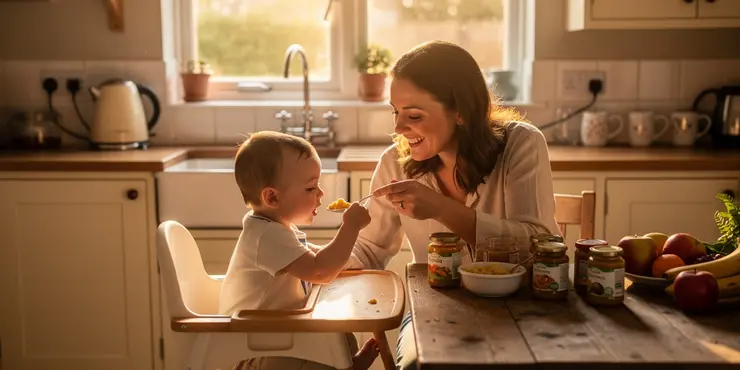
How do I know if my baby food is safe?
Relevance: 50%
-
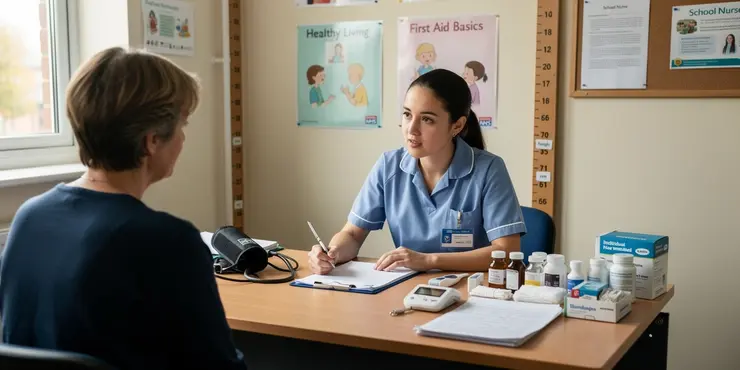
How are food allergies managed in UK schools?
Relevance: 49%
-
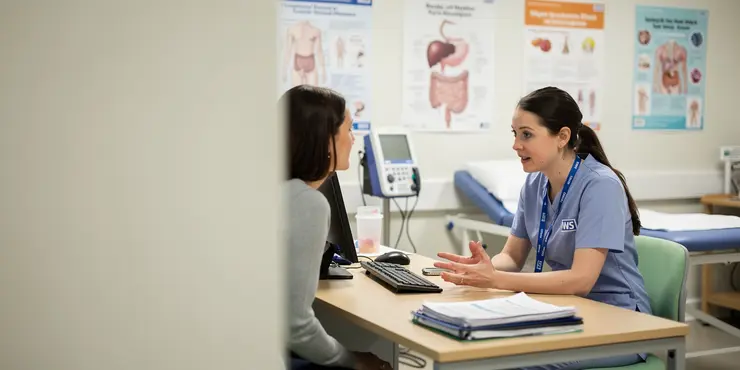
What foods support a healthy gut microbiome?
Relevance: 48%
-
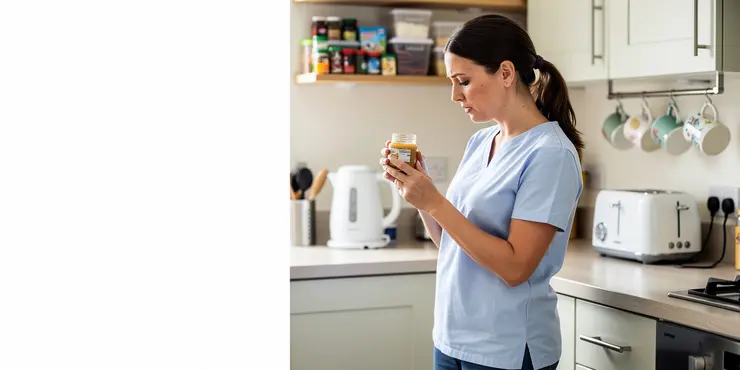
What signs indicate spoiled baby food?
Relevance: 48%
-
What is junk food and how bad is it for health?
Relevance: 48%
-
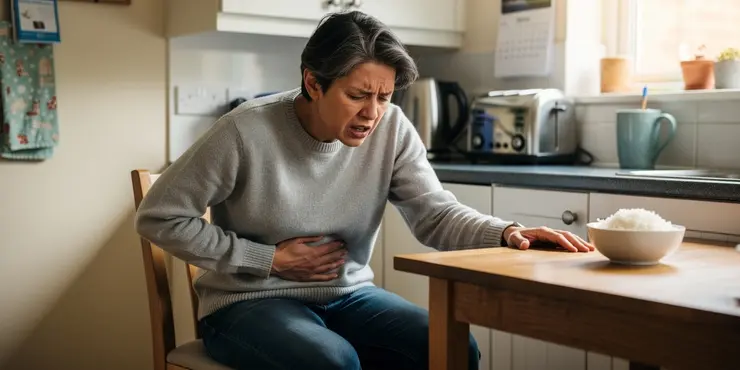
What are the symptoms of Bacillus cereus food poisoning?
Relevance: 48%
-
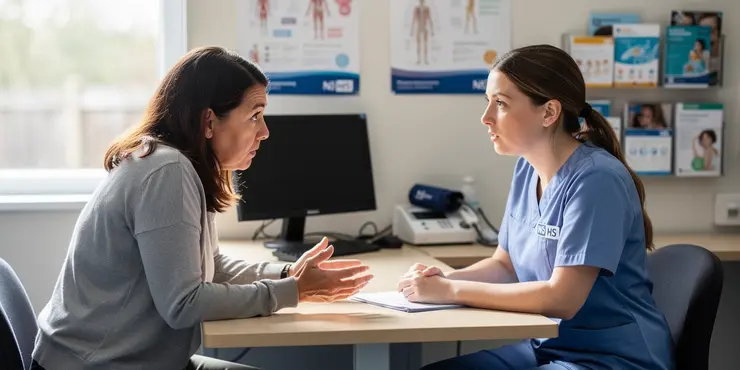
Are there any long-term effects of rice food poisoning?
Relevance: 48%
Understanding Food Bank Usage and Limits in the UK
Food banks are essential community resources designed to help people in times of need by providing free food parcels. With an increasing number of individuals and families turning to food banks, many people wonder if there is a limit on how much food they can take when accessing these vital services in the UK. This guide provides insight into the general practices around food distribution at food banks.
The Role of Food Banks in the UK
In the UK, food banks are predominantly run by charitable organisations, with the Trussell Trust being one of the largest networks. They aim to support individuals and families facing financial hardship by distributing food parcels. Food banks rely heavily on donations from the public and retailers, as well as the assistance of dedicated volunteers. They are meant to offer temporary relief and not a long-term food supply solution.
Criteria for Receiving Help
To access a food bank, most people need a referral from a professional, such as a social worker, health visitor, or school staff. This referral acts as evidence that the person is genuinely in need. Different food banks may have slightly varied policies, but referrals help ensure fair distribution of resources to those needing them the most.
Limits on Food Parcels
Food banks typically have systems in place to ensure that the distribution of food is as fair as possible given the resources available. While there isn't a strict nationwide rule on how much food an individual can take, many food banks provide a predefined parcel of food designed to last a set period, usually three days. The contents can vary based on what's available, but they generally aim to cover basic nutritional needs.
Frequency and Quantity
Specific limits on how often someone can receive help from a food bank may vary. Some food banks may have policies in place, such as allowing a certain number of visits per month, to manage limited resources effectively. These policies are often influenced by demand, supply levels, and the operational capacity of the food bank. Discussions with the food bank's staff can help clarify any limits on frequency and quantity.
Additional Support and Resources
Food banks often provide additional resources, such as advice and support for those facing challenges related to unemployment, debts, or other financial issues. These resources aim to help individuals improve their circumstances in the long term. If you find yourself in need of a food bank, staff and volunteers can direct you to other forms of support that might be available in your community.
Conclusion
While food banks play a crucial role in supporting those experiencing hardship, there may be limitations on the amount one can take to ensure that these resources can serve as many people as possible. Understanding how food banks operate can help manage expectations and encourage more efficient use to assist as many individuals as possible.
Understanding Food Bank Use and Limits in the UK
Food banks give free food to people who need it. They help people when they do not have enough food. More people are using food banks now. Some people wonder how much food they can take from a food bank. This guide explains how food banks give out food in the UK.
What Food Banks Do in the UK
In the UK, many food banks are run by charities. One big group that runs food banks is the Trussell Trust. Food banks help people who do not have enough money to buy food. They give out food parcels. Food banks get their food from public donations, shops, and volunteers. They are only for temporary help and not for regular food supply.
Who Can Get Help
To get food from a food bank, most people need a referral. A referral is like a note from a professional person, such as a social worker or a teacher, showing that you need help. Each food bank may have different rules, but the referral ensures that help goes to those who really need it.
Limits on Food You Can Take
Food banks want to be fair when giving out food. There isn't a rule for the whole country about how much food you can take. But, many food banks give a set parcel of food, often enough for three days. What's in the parcel might change because it depends on what food is available. The parcels try to cover basic food needs.
How Often You Can Visit
The number of times you can visit a food bank might be different at each one. Some might have rules about how many times you can come each month. This helps them manage their food and help more people. Talk to the people at the food bank to know how often and how much food you can get.
Extra Help and Resources
Food banks might also offer other help, like advice if you have problems with money or finding a job. This help can make your situation better in the long run. If you need a food bank, the staff and volunteers can tell you about other help you can get in your community.
Conclusion
Food banks are very important for helping people who are struggling. There might be limits on food, to make sure everyone gets help. Knowing how food banks work can help you understand how to get the most out of the help they offer. This way, more people can get the support they need.
Frequently Asked Questions
Is there a limit on how much food I can take from a food bank?
Yes, most food banks have limits to ensure they can provide for as many families as possible, depending on their resources.
How do food banks determine the limit for each household?
Food banks typically set limits based on the size of the household and available supplies.
Can the limits change over time?
Yes, limits may change based on the food bank's supply and demand levels.
Are there special considerations for larger families?
Yes, food banks often adjust limits for larger families to meet their increased needs.
What if my family needs more food than the limit allows?
You can discuss your situation with the food bank staff, who might provide additional resources or referrals.
Why do food banks impose limits?
Limits ensure fair distribution so that more families can receive food assistance.
Can I visit multiple food banks to get more food?
Yes, but each food bank has its own policies, and it's important to check their guidelines before visiting.
Do different food banks have different limits?
Yes, limits can vary between food banks based on their inventory and policies.
How often can I visit a food bank?
Frequency of visits depends on the food bank's policy, ranging from once a week to once a month.
Do I need to show proof of income to receive food?
Some food banks may require proof of income or residency, while others do not.
What happens if the food bank runs out of food?
Food banks aim to avoid running out, but in such cases, they may offer emergency referrals or services.
Can food banks provide special foods for dietary needs?
Some food banks can accommodate dietary restrictions, but availability varies.
Do food banks only provide canned goods?
No, they provide a range of items, including fresh produce, dairy, and grains, depending on donations.
Can I volunteer at a food bank to receive more food?
Volunteering is welcome at most food banks, but it doesn't typically result in receiving additional food.
Is there an application process to receive food from a food bank?
Some food banks have an application process, while others may have more informal procedures.
Do food banks provide help beyond food?
Many food banks also offer services like nutrition education, job training, or referrals to other resources.
Can immigrants access food bank services?
Yes, food banks generally serve anyone in need, regardless of immigration status.
Do I need to bring my own bags or boxes to carry food?
Bringing your own bags is recommended, but some food banks may provide them.
Is there a stigma associated with using food banks?
While some feel hesitant, food banks strive to create a welcoming environment for all in need.
How can I find the closest food bank to me?
You can search online for local food banks or contact national organizations for assistance.
Can I take a lot of food from a food bank?
Food banks help people who need food. Each food bank might have rules about how much food you can take. You can ask the helpers at the food bank how much food you can have. They can help you understand.
If you find it hard to ask, you can bring someone with you to help. You can also call the food bank and ask before you go. This way, you will know what to expect.
Yes, most food banks have rules. This helps them give food to as many families as they can. How much they can give depends on how much food they have.
How do food banks decide how much food each family gets?
Food banks usually give out a certain amount of food. The amount depends on how many people are in your family and how much food they have.
Can the limits change over time?
Do the limits stay the same, or can they change as time goes by?
Yes, the amount of food you can get might change depending on how much food the food bank has and how many people need it.
Are there things to think about for big families?
When you have a big family, there are some things to think about. It's good to plan how much food you need. You might need a bigger car. Make sure everyone has their own space. Try using a family calendar to keep track of events. You can also ask for help if you need it.
Using pictures or color codes can make it easier to plan. You can also talk together to see what everyone needs.
Yes, food banks often give bigger families more food because they need more help.
What can my family do if we need more food than allowed?
If your family needs more food, tell someone who can help. You can:
- Ask for help from a food bank.
- Talk to a community worker.
- See if there are charities that can help you.
Remember, it's okay to ask for help. People are there to support you!
You can talk to the people who work at the food bank. They might help you find more support or places that can help you.
Why do food banks set limits?
Limits help make sure everyone gets their fair share. This way, more families can get the food they need.
Can I go to more than one food bank to get extra food?
If you need more food, you can visit different food banks. Make sure to check their rules first.
Here are some tips to help you:
- Ask the food bank workers if it's okay to go to other food banks too.
- Write down the days and times when each food bank is open.
- It’s good to tell someone, like a family member or friend, so they can help you if needed.
Yes, you can go to a food bank. But each food bank has different rules. Make sure you check what they need you to do before you visit.
Do food banks have different rules?
Food banks might have different rules about how much food you can get. It can depend on where the food bank is and how much food they have.
If you need help, you can always ask the food bank workers. They can explain their rules and help you understand.
Using pictures or asking someone to help read is also a good idea if you find it hard to read.
Yes, food banks might have different rules about how much food you can get. This depends on how much food they have and their rules.
How many times can I go to a food bank?
How many times you can go to the food bank is different for each one. Some let you visit every week, and some let you come once a month.
Do I need to show how much money I make to get food?
Some food banks might ask you to show how much money you make or where you live. Other food banks do not ask for this.
What happens if there is no food at the food bank?
Some food banks help people who need food.
Sometimes, the food bank might run out of food.
If this happens, here are some ways to get help:
- Contact other food banks nearby.
- Ask for help from community centers or local charities.
- See if there are any soup kitchens or meal programs in your area.
- Talk to family or friends who might be able to help.
Using these ideas can help you get the food you need.
Food banks try not to run out of food. But if they do, they might give you help to find other places or offer special services to help you.
Do food banks have special foods for different diets?
Food banks help people who need food. Sometimes people need special foods because of health or diet choices. Food banks might have some special foods, but it's good to ask them.
You can call or visit the food bank to see if they have what you need. Some people also use tools like pictures or apps to help explain their needs.
Some food banks can help if you have special food needs, but not all can do this.
Do food banks only give canned food?
Food banks give more than just canned food. They help with many different kinds of food.
- Fresh fruit and vegetables
- Rice and pasta
- Milk and eggs
- Bread
Food banks try to give healthy food to people who need it.
Helpful tips:
- Ask questions if you are not sure.
- Use pictures to help understand the words.
- Read with a friend or helper if needed.
Food banks want to help everyone with the food they need.
No, they give out many different things. They have fresh fruits and veggies, milk and cheese, and grains like rice or pasta. It all depends on what people donate.
Can I help at a food bank to get more food?
You might want to help at a food bank to get more food. Food banks help people who need food. Here are some tips:
- Ask the food bank how you can help. They might need people to pack food or give it to others.
- You can tell them if you need more food. They might be able to help you.
- If you need help reading or understanding, bring a friend or family member.
- Use simple tools like picture charts to keep track of what you do.
Helping at a food bank is a great way to support your community. Always ask questions if you are unsure about something.
You can help out at most food banks. But helping doesn't usually mean you will get extra food to take home.
How do I get food from a food bank?
Do I need to fill out any forms to get food?
Here are some tools to help you:
- Ask a friend or family member to help you with forms.
- Use a computer or tablet to find answers online.
- Talk to a person at the food bank for help.
Some food banks need you to fill out forms, but others do not. They might just ask you a few questions.
Do food banks help with more than food?
Food banks give food to people who need it.
They might also help in other ways:
- They can give clothes or toiletries.
- They might tell you about work or money advice.
- Some have people you can talk to if you're worried.
If you need help, you can ask them what they offer.
Using big pictures or color coding can help understand better.
Food banks can help with more than just food. They can teach you about healthy eating, help you find a job, or tell you where to get more help.
Can people who move here use food banks?
Yes, people who move to a new country can get help from food banks. Food banks give food to people who need it. If you have just moved and need food, you can go to a food bank.
Here are some tips to help:
- Ask someone to help you find the nearest food bank.
- Bring an ID, like a passport, if you have one.
- Ask a friend to come with you if you find it hard to go alone.
Yes, food banks help anyone who needs food. It doesn't matter where you come from or your immigration status.
Do I need to bring my own bags or boxes to carry food?
When you go to get food, it is good to bring your own bags or boxes. This helps you carry your food home.
You can use reusable bags or boxes. Reusable means you can use them again and again.
This is good for the Earth because it makes less rubbish.
Some places also have bags or boxes you can use. You can check before you go.
If you forget, you can ask if they have bags you can use.
A helpful tip: Keep bags near your door so you remember them when you leave.
It's a good idea to bring your own bags. But, some food banks might give you bags if you don't have any.
Do people feel embarrassed to use food banks?
Some people might feel shy, but food banks work hard to make everyone feel welcome if they need help.
How can I find a food bank near me?
If you need help finding food, you can look for a food bank close to where you live. Here is how you can do it:
- Use a computer, phone, or tablet to go online.
- Go to a search website like Google.
- Type "food bank near me" in the search box.
- Look at the list of places that comes up.
- Pick a food bank that is close to your home.
If you need help using the internet, you can ask a friend or family member to help you. You can also call a local community center for more information.
You can look online to find food banks near you. You can also talk to big groups that help people for more support.
Useful Links
This website offers general information and is not a substitute for professional advice.
Always seek guidance from qualified professionals.
If you have any medical concerns or need urgent help, contact a healthcare professional or emergency services immediately.
Some of this content was generated with AI assistance. We’ve done our best to keep it accurate, helpful, and human-friendly.
- Ergsy carfully checks the information in the videos we provide here.
- Videos shown by Youtube after a video has completed, have NOT been reviewed by ERGSY.
- To view, click the arrow in centre of video.
- Most of the videos you find here will have subtitles and/or closed captions available.
- You may need to turn these on, and choose your preferred language.
- Go to the video you'd like to watch.
- If closed captions (CC) are available, settings will be visible on the bottom right of the video player.
- To turn on Captions, click settings .
- To turn off Captions, click settings again.
More Items From Ergsy search
-

Is there a limit on how much food I can take from a food bank?
Relevance: 100%
-

How do food banks get their food?
Relevance: 88%
-

What is a food bank?
Relevance: 85%
-

Is there a cost to receive food from a food bank?
Relevance: 85%
-

What types of food are typically available at a food bank?
Relevance: 85%
-

What is the difference between a food bank and a food pantry?
Relevance: 84%
-

Are food banks open on weekends?
Relevance: 82%
-

How can I access food banks?
Relevance: 80%
-

How often can I visit a food bank?
Relevance: 80%
-

Can anyone use a food bank?
Relevance: 79%
-

What if there is no food bank near me?
Relevance: 78%
-

What if I can't physically visit a food bank?
Relevance: 75%
-

What information do I need to access a food bank?
Relevance: 75%
-

How can I support my local food bank?
Relevance: 74%
-
Can refugees or immigrants access food banks?
Relevance: 74%
-

How can I find a food bank near me?
Relevance: 74%
-

What should I bring with me when visiting a food bank?
Relevance: 73%
-

The Rise of Community Food Banks: Combating Hunger Locally
Relevance: 72%
-

Do I have to provide personal information to access a food bank?
Relevance: 71%
-

Rise in Food Bank Usage Amid Economic Challenges
Relevance: 71%
-

Can I volunteer at a food bank?
Relevance: 63%
-

Is all fast food considered junk food?
Relevance: 59%
-

Do I need to make an appointment to visit a food bank?
Relevance: 58%
-

Charities Warn of Food Insecurity Amidst Rising Cost of Living
Relevance: 57%
-

What is junk food?
Relevance: 57%
-

What is junk food?
Relevance: 57%
-

What are common examples of junk food?
Relevance: 53%
-

Are there any food assistance programs available for seniors?
Relevance: 52%
-

Can junk food be part of a balanced diet?
Relevance: 52%
-

Why is junk food considered unhealthy?
Relevance: 52%
-

Can Ozempic be taken with food?
Relevance: 51%
-

Are there any initiatives to reduce food waste in schools?
Relevance: 50%
-

How does junk food affect health?
Relevance: 50%
-

How do I know if my baby food is safe?
Relevance: 50%
-

How are food allergies managed in UK schools?
Relevance: 49%
-

What foods support a healthy gut microbiome?
Relevance: 48%
-

What signs indicate spoiled baby food?
Relevance: 48%
-
What is junk food and how bad is it for health?
Relevance: 48%
-

What are the symptoms of Bacillus cereus food poisoning?
Relevance: 48%
-

Are there any long-term effects of rice food poisoning?
Relevance: 48%


